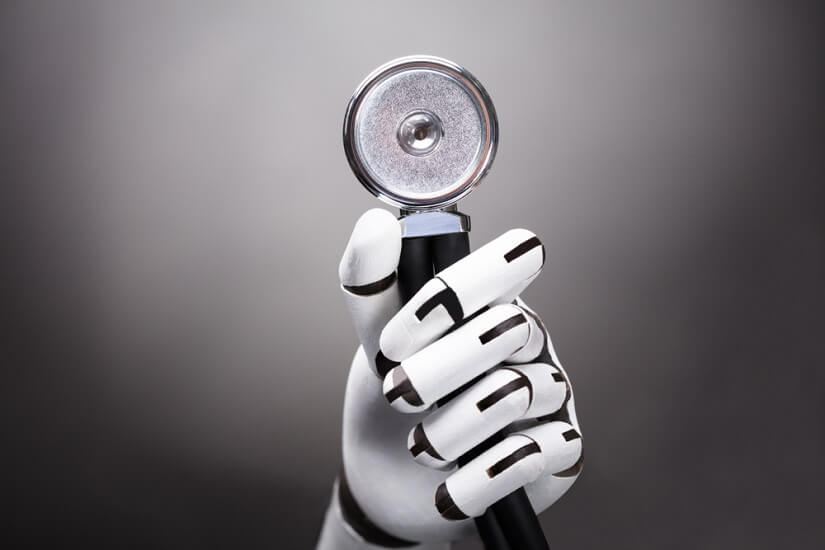Blog
Scientists Use AI and Urine to Diagnose Prostate Cancer

Scientists from the Biomaterials Research Center at the Korea Institute of Science and Technology (KIST) and the Asan Medical Center in South Korea developed a technique that diagnoses prostate cancer using urine samples and an AI analysis system within 20 minutes. It almost has a 100% accuracy rate.
As Dr. Kwan Hyi Lee from KIST said "This research developed a smart biosensor that can rapidly diagnose prostate cancer with almost 100 percent accuracy only through a urine test, and it can be further utilized in the precise diagnoses of other cancers using a urine test."
Other methods of diagnosis require invasive and uncomfortable biopsies in order to get more than 30% accuracy, so this is a big step up given the team's method is non-invasive and has a higher percentage of accuracy.
There are some other non-invasive options, such as taking urine samples. However, the concentration of cancer factors isn't high in urine, therefore a urine-based biosensor used to detect high-risk groups doesn't offer a precise diagnosis.
So Dr. Lee and his team at KIST decided to improve the urine-based diagnosing method. The method uses an electrical-signal-based ultrasensitive biosensor. And in order to overcome the issue of low accuracy rates, the team used different kinds of cancer factors, rather than just one, to increase the diagnostic accuracy.
A cancer factor, as the team wrote in its study, is "a cancer-related biological index that can measure and evaluate drug reactivity objectively for a normal biological process, disease progress, and a treatment method."
The team developed an ultrasensitive semiconductor sensor system that measures trace amounts of four cancer factors from urine to determine whether a patient has prostate cancer. In order to do so, the scientists trained AI to create an algorithm that was then able to precisely detect prostate cancer.
Ultimately, 76 urinary samples that the team studied had nearly 100% accuracy.
"For patients who need surgery and/or treatments, cancer will be diagnosed with high accuracy by utilizing urine to minimize unnecessary biopsy and treatments, which can dramatically reduce medical costs and medical staff's fatigue," Professor Jeong at Asan Medical Center said.
Resource: Interesting Engineering
You can sign up for our e-mail newsletter for the most up-to-date developments and news from YZTD.
